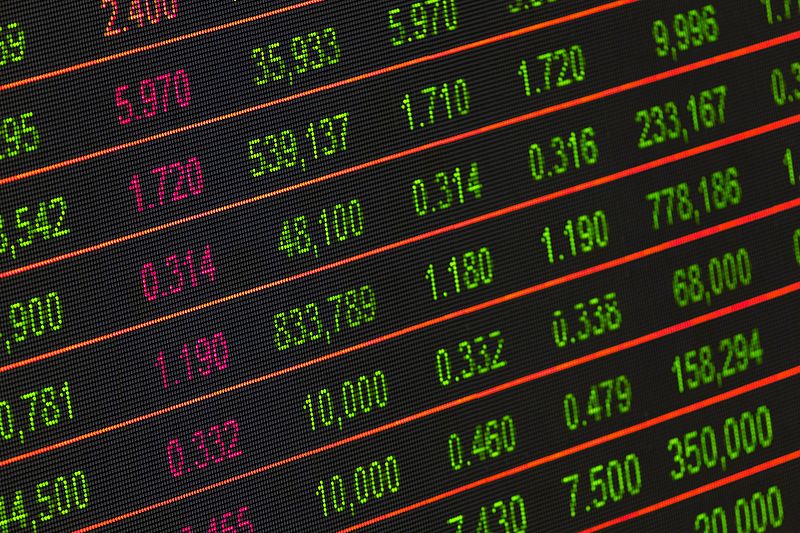Investor sentiment was hit Monday around the world after widespread protests in China against the country’s COVID-19 restrictions.
The markets have plummeted after protests erupted across China for an unparalleled display of defiance against the country’s strict and expensive zero-COVID policy.
European markets opened broadly lower, just like Asian markets, and the results were not surprising. The FTSE 100 dropped 0.7%, the CAC 40 fell 0.6%, and the DAX fell 0.5%.
An early index released in Hong Kong shows that the benchmark Hang Seng (HSI) Index plunged 1.6% at the close of the day’s trading. It began the session down as much as 4.2%.
The Hang Seng (HSI) China Enterprises Index, which tracks mainland Chinese companies listed in HK, dipped 1.7% when it closed.
The Shanghai Composite, the benchmark stock index tracking stocks and companies on China’s mainland, briefly fell 2.2% before trimming losses to end 0.8% lower than Friday’s close. At the same time, the technology-focused Shenzhen Component Index sank to 0.7%.
The renminbi (Chinese yuan), which is the official currency of China, entered a bear market on Monday morning.

The onshore yuan weakened by 0.9% to 7.213 per dollar and then rose slightly in the later afternoon to 7.216 per dollar before dropping again to 7.213 in offshore dealing for the evening.
There were a lot of Asian markets that were lower today. The Kospi lost 1.2%, Japan’s Nikkei 225 shed 0.4%, and Australia’s S&P/ASX 200 dropped by 0.4% at the close of trading.
The US stock futures (a prediction of how the market opens on any given day) fell, with the Dow dropping 108 points and the S&P falling 0.5%. Further, the futures Nasdaq dropped by 0.6%.
The price of oil fell sharply because of China’s concerns since the country is one of the top crude oil consumers. Investors are worried that the rising COVID cases and protests in China may dampen demand.
Additionally, a decrease in US crude prices has seen the price drop by 2.7%, while Brent crude oil loses 2.9%.
In the latest protest on release day, protestors from all over the country gathered in Beijing and Shanghai to mourn the death of 10 people in a fire in Xinjiang province. They hailed for freedom, democracy, and an end to zero COVID.
This phenomenon that has seen recent protests and lockouts in cities across China is extremely rare for such a large, economically-ensconced country. This is an issue caused by economic difficulties and unemployment as a result of the increasing lockdowns.
It was announced that the central bank of China cut the quantity of cash that all the banks are required to hold in reserve on Friday. The reserve requirement ratio (RRR) for most banks was further reduced by 0.25 percentage points for the second time this year.
The government is taking steps toward propping up an economy that has been crippled because of strict COVID restrictions and ailing property markets. But experts don’t believe these are significant steps for the economy.















